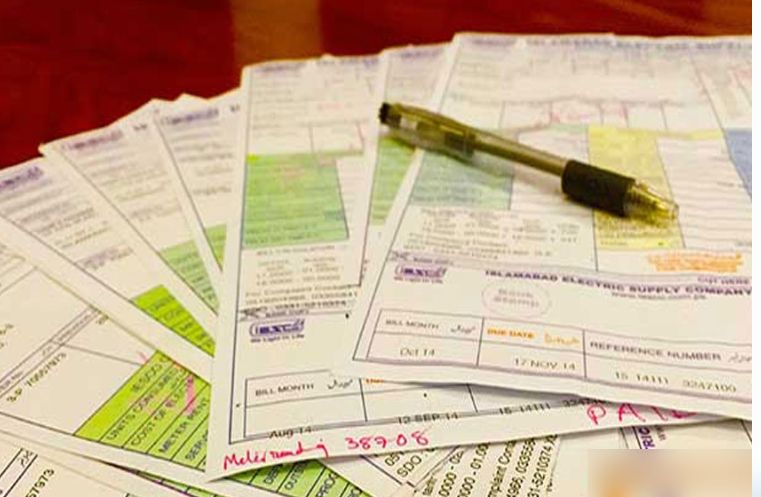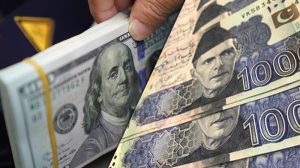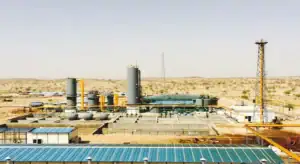The Pakistani government has renegotiated agreements with seven Independent Power Producers (IPPs), leading to an estimated reduction of Rs 0.50 per unit in electricity tariffs for consumers. These revisions will save Rs 920 billion over the lifespan of these agreements by lowering capacity payments to these IPPs.
Modest Relief in Tariffs Amid High Capacity Payments
Despite these savings, the impact on consumer bills remains limited. The total annual capacity payments in the country range between Rs 2.5 trillion and Rs 2.8 trillion, making the Rs 0.50 per unit relief relatively minor. The National Electric Power Regulatory Authority (NEPRA) confirmed this tariff revision during a public hearing, where concerns emerged about whether the IPPs had voluntarily accepted the revised agreements.
Seven IPPs Agree to Revised Terms
The following IPPs have accepted the new terms:
- Nishat Power Limited
- Nishat Chunian Power
- Saif Power
- Sapphire Electric
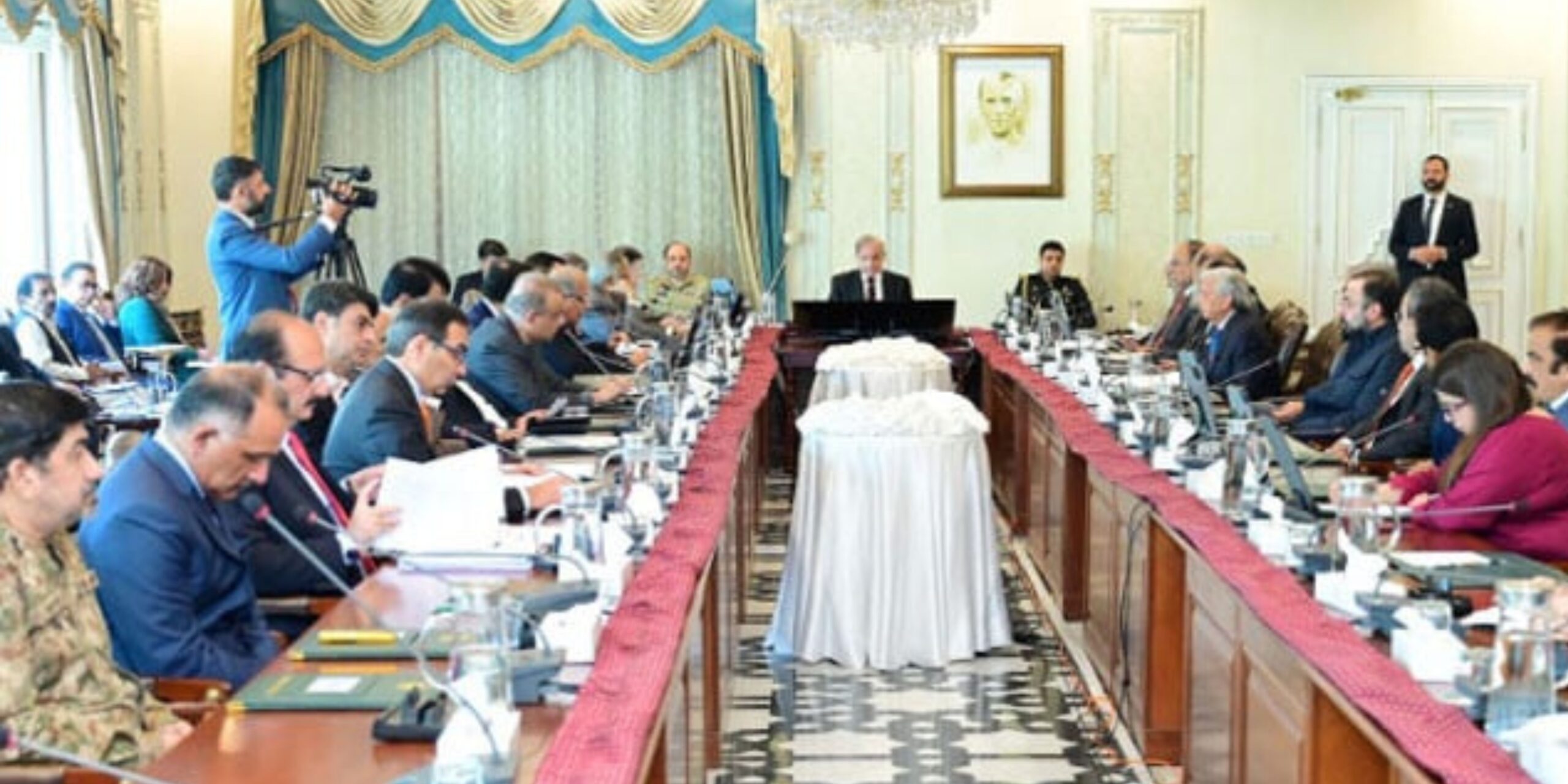
- Engro Power
- Norwal Energy
- Liberty Power Tech Limited
Also Read : Pakistan Launches Zahanat AI, Its First Locally Developed Chatbot
Officials rejected allegations of coercion, emphasizing that negotiations proceeded voluntarily. Some IPPs, such as Orient Power, refused the revised framework, though discussions with other IPPs continue. So far, 29 IPPs have signed amended contracts under this initiative.
Waiver of Late Payment Surcharges
Under the revised agreements, the seven IPPs have collectively waived Rs 11.19 billion in Late Payment Surcharges (LPS), easing financial pressure on the government. The waived amounts per IPP are:
- Nishat Power Limited: Rs 1.77 billion
- Nishat Chunian Power: Rs 1.84 billion
- Saif Power: Rs 1.60 billion
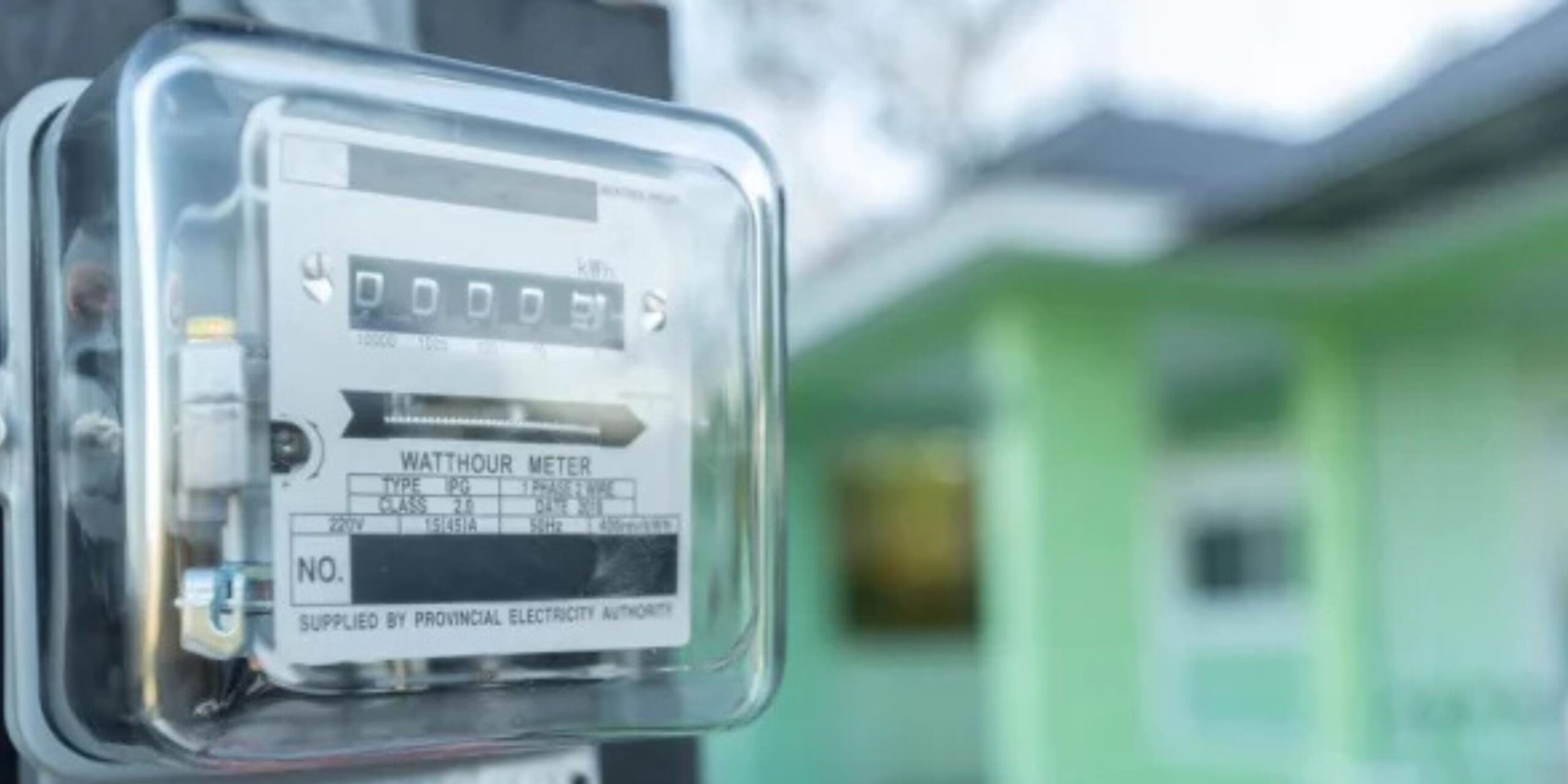
- Sapphire Electric: Rs 1.39 billion
- Engro Power: Rs 1.70 billion
- Norwal Energy: Rs 1.50 billion
- Liberty Power Tech Limited: Rs 1.35 billion
NEPRA had previously issued regulatory notices to these IPPs over excess savings. As part of the settlement, these notices will be withdrawn, and the IPPs will return any excess profits earned up to 2023.
Revised Operational and Maintenance (O&M) Costs
The revised agreements introduce updates to the Operation and Maintenance (O&M) components:
- O&M costs for Nishat Chunian Power Limited and Liberty Power Tech Limited will adjust as per the amendment agreement.
- Other IPPs will maintain NEPRA-approved O&M rates from the quarter ending September 30, 2024.
- Indexation for O&M costs will be capped at 5% per annum or the average National Consumer Price Index (NCPI) over the past 12 months.
- Up to 70% of PKR/USD depreciation will be factored in, while 100% of any appreciation will be passed on to consumers.
Also Read : Why Is Bitcoin Rising? Pakistan Eyes Crypto Mining with Surplus Energy
Foreign Cost of Working Capital Adjustments
The revised agreements also introduce new measures for foreign cost of working capital (CWC):
- Seven days of inventory at a 100% load factor for Residual Fuel Oil (RFO) and 15 days of receivables at a 15% load factor for gas-based plants.
- RFO price set at Rs 165,000 per ton (excluding sales tax), which will now be removed from the CWC component.
- Spread over KIBOR for CWC reduced from 2% to 1%, with future indexing at KIBOR + 1%.
- Insurance component capped at 0.9% of the allowed Engineering, Procurement, and Construction (EPC) cost.
IMF’s Stance and Market-Based Pricing Adjustments
Concerns arose regarding the International Monetary Fund’s (IMF) opposition to passing on tariff relief to consumers. However, government officials clarified that any reduction in furnace oil prices will be reflected in consumer electricity bills. Pricing adjustments are now linked to the Karachi Interbank Offered Rate (KIBOR), transitioning from a fixed 4.5% to a market-based KIBOR + 1% model, ensuring greater transparency.
Future Outlook
The government continues engaging with other IPPs to expand the scope of revised agreements, aiming for further cost reductions in the power sector. While immediate consumer relief remains limited, these measures represent a step toward reducing circular debt and improving the sustainability of Pakistan’s energy infrastructure.
Pakistan’s Petrol Pricing Debate: Discounts for Luxury Cars, Extra Costs for Bikers

